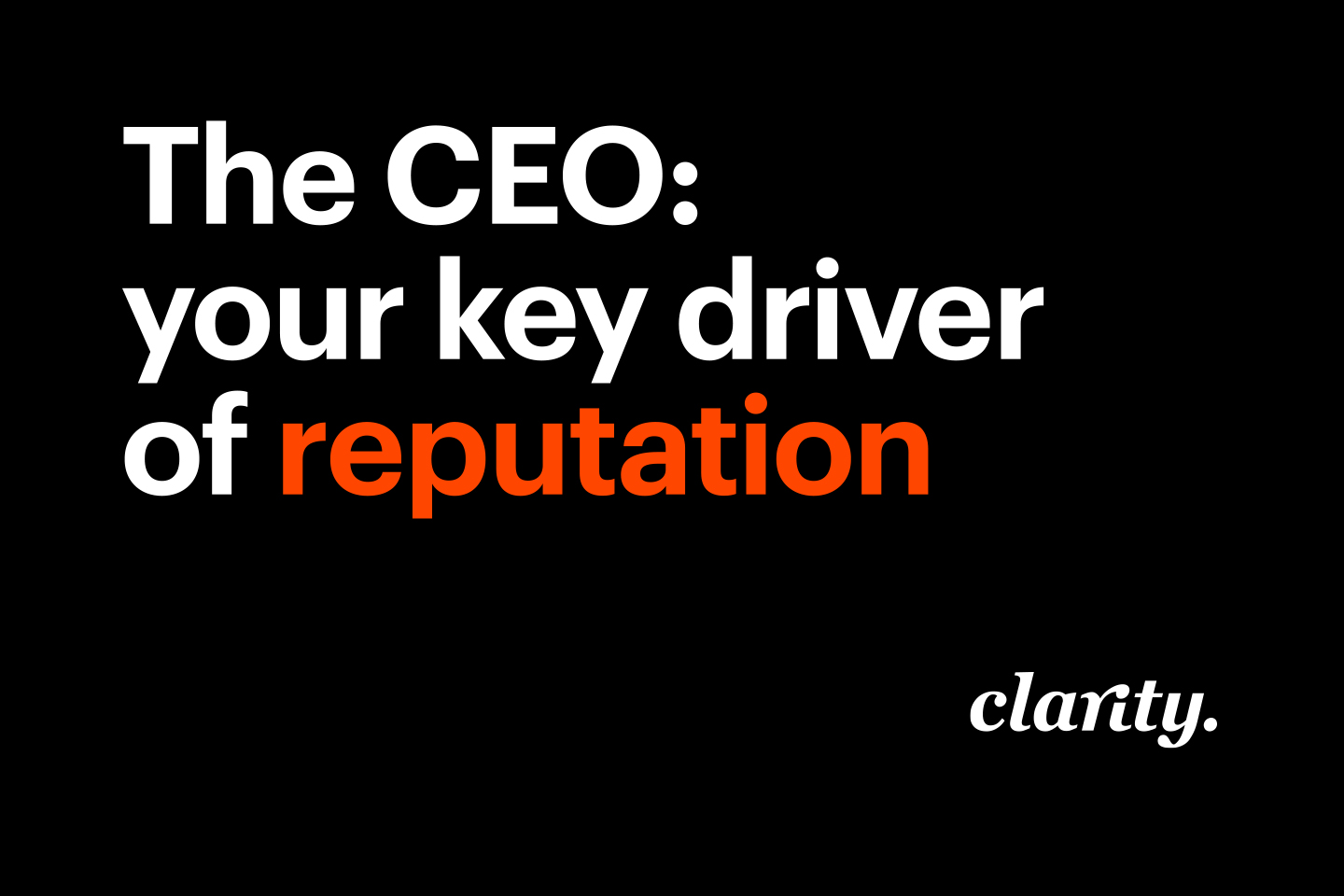

In Perth, as in most markets the chief storyteller for an organisation remains the CEO. Corporate reputation rests on their shoulders, and they set the tone both publicly and within their own teams. It’s their job to make people care about their story, their message and their work.
The best CEOs confidently communicate with a range of important stakeholders, tailoring the story they tell for each and ensuring effective messages cut through. They realise that proactively telling the right story builds the trust that is so important within their own teams and with investors, customers and media.
Telling the right story at the right time gives investors reasons to believe in you, and clients to choose you. However, for this to work the communicators working within organisations must be brought into all the important decision-making meetings and kept informed. Storytelling is a team sport, and the captain can’t do it alone.
Too often comms teams are left out of critical meetings, and briefed days later. Leaders assume the team is across the decision, but they can’t be if they’re not in the room. And without the context of why the decision was made and what changes for each audience, comms is forced to retrofit a story – slowing you down and increasing the risk that the CEO goes out without a clear, consistent message.
If the comms team is involved, they can tune the delivery to the realities of the media landscape - Perth live radio will test whether you can explain the community impact in a sentence; evening television will compress your argument to a 15-second grab; business press will look for evidence and what’s next. A prepared leader can move between those formats without changing the story - only the delivery and emphasis.
Reputation is a team effort. The CEO sets the direction, with comms delivering it across audiences. Bring them in early and you get one narrative, fewer surprises, faster approvals and a reputation that earns investor belief and client choice.
Your comms people can’t help their CEO prepare to tell the best story possible if they don’t know how the story started, what happened and how it ends. And when you’re being questioned by a leading journalist, often without much time to prepare, you don’t want your support team to have been stuck on the sidelines.














